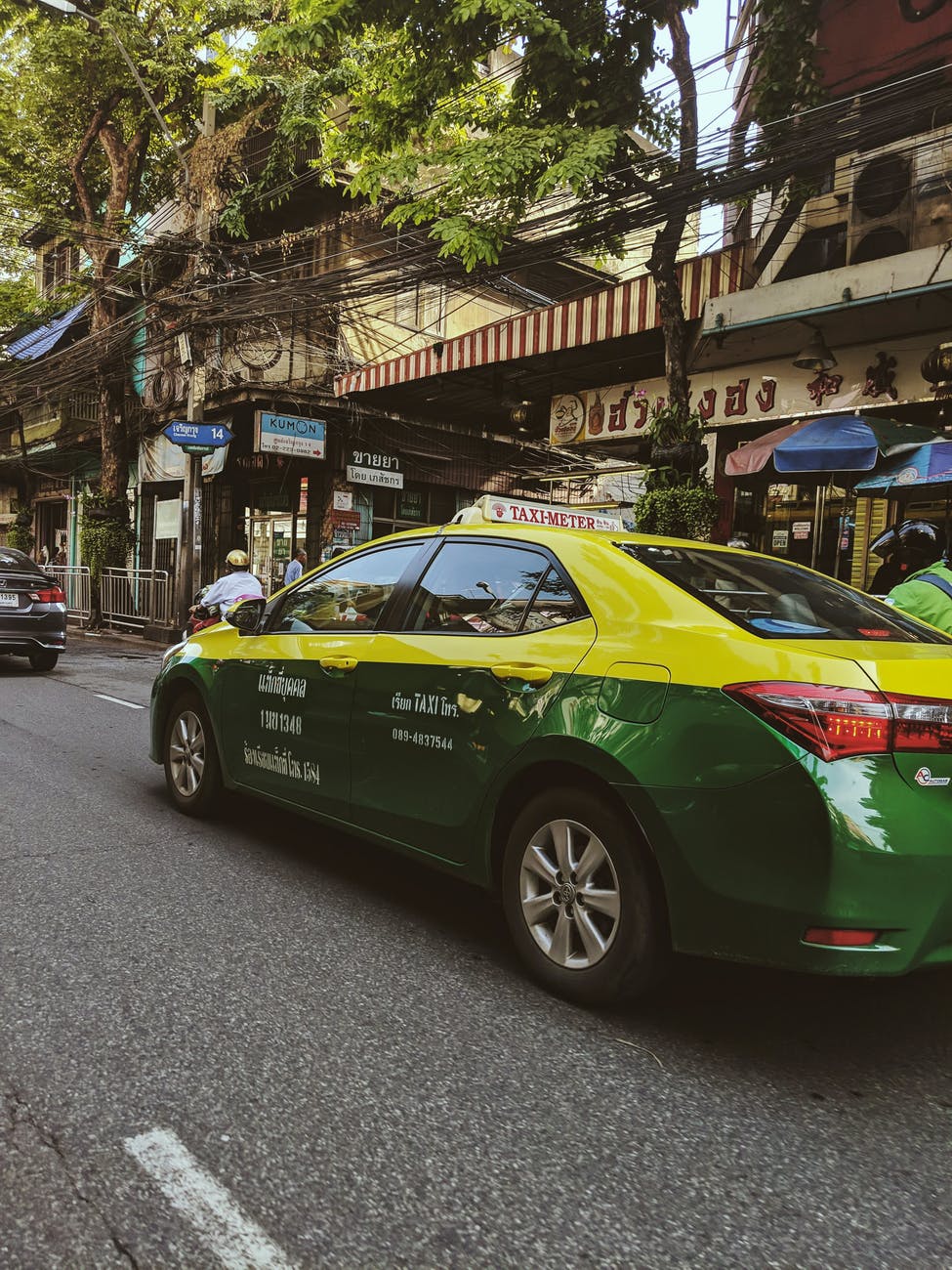Asian car brands have always been associated with clean and simple design and operation, opting for efficiency over western-led style and brawn. However, there are signs that are beginning to shift. Tesla most recently indicated their plans to massively ramp up production across Asia, with the wider regional market earmarked to drive Elon Musk’s 20 million sales by 2030 target, according to US news agency CNBC.
This has not gone unnoticed; throughout the year so far, Tesla has snuck in to be one of the most searched car brands in Asia, joining mainstays Honda, Toyota, Mitsubishi and European luxury brand BMW. Driving this change? Perhaps the Asian ideal for better, cleaner air, and motoring comes with that.
Writing on the wall
This trend is already being well established by the ever-increasing uptake of electric vehicles in Asian markets. The IEA have reported huge growth in electric vehicle and hybrid markets, driven largely by China and their near 1 million increase in sales, but also in other countries within the region taking advantage of better prices in the region due to production increases. Indeed, a cursory glance at car rankings reveals the increasing popularity of electric and hybrid vehicles in the sales makeup across Asia and all of its regions. Public opinion is more tuned towards their vehicles contributing to a clean atmosphere and this is shaping innovations in car branding and marketing as manufacturers from all corners seek to get involved.
Social media
Nowhere is this more keenly felt than on social media. Emphasis is being put on manufacturers to advertise in such a way that their brand is focused on anti-pollution and green energy messages. Going against the grain can be punished severely. A great example of this is in the BMW ‘Zero Emissions’ fiasco; Facebook saw the ad banned as it broke policies on what could be considered honest advertising. Whereas social media companies are often reticent to moderate on ‘fake news’, this indicates the clear contention that this is a serious matter. However, whether this is the directive of everyday people is another matter.
Making the link
According to advertising experts Automotive News, making that ‘real world’ connection is important in the next step for vehicle marketing innovation. The clean air strategy being employed by many manufacturers is undoubtedly important and showing effectiveness, but real innovation will lie in making that message palatable to the average working Asian. One way of doing this has been through celebrity interest – Arnold Schwarzenegger using his international appeal to press pro-climate management messages. Through these devices, automotive manufacturers are almost returning to old ways – using big names and traditional messaging to get across the message they want their brand to impart.
In that lies the trick to modern car brand innovation. Tying together high tech with a simple and clear message. For the billions of people living in Asia, this will be a welcome message that ties together their desire for productivity and convenience with a need for better air quality and living conditions.
Lottie W is a free-spirited freelance writer.



















